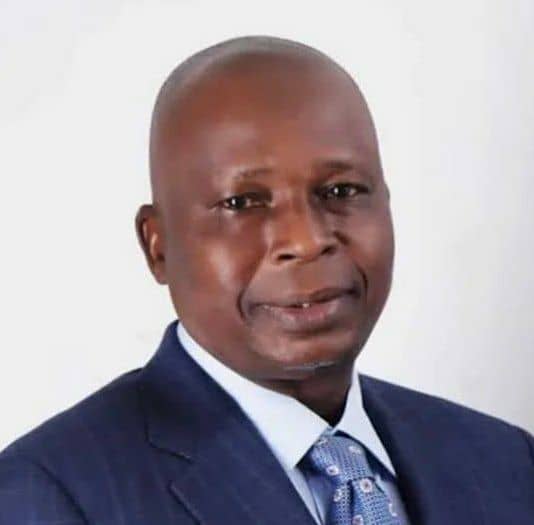Attorney-General of the Federation (AGF), Lateef Fagbemi, sparked controversy on Thursday when he stated that no Nigerian law prohibits the prosecution of minors. This statement followed the release order for approximately 114 #EndBadGovernance protesters, including minors, who had been detained by the Nigeria Police Force and subsequently arraigned.
Fagbemi asserted that there is “no law in this country which says that a minor cannot be tried.” His remarks underscored the government’s stance on handling youth involvement in protest actions, yet they also opened a troubling dialogue about children’s rights and legal protections in Nigeria. His comment comes amid widespread condemnation of the authorities’ handling of these young protesters from voices including former Vice President Atiku Abubakar, Peter Obi, and Amnesty International, who have deemed the prosecution of minors in these protests as a disgraceful act by the government.
Under mounting criticism, President Bola Tinubu stepped in, directing the AGF to withdraw charges against the minors, citing compassion. The minister claimed the president acted as a “father and grandfather” in ordering the release, despite what he described as substantial evidence held by security agencies. He praised Tinubu for exercising “compassionate consideration” toward the detained minors—yet questions remain. If indeed the president was motivated by “compassion,” why did it take public outrage to reach this decision?
The AGF’s statements offer a glimpse into the complexities of Nigeria’s legal approach to youth participation in social movements, while also raising ethical concerns about the boundaries of prosecutorial authority. This episode has highlighted the pressing need for clarity and reform on the legal treatment of minors, especially in politically charged situations. President Tinubu’s intervention may be a welcome move to his supporters, but it leaves unanswered questions about the administration’s stance on freedom of expression and civil rights for the nation’s youth.




